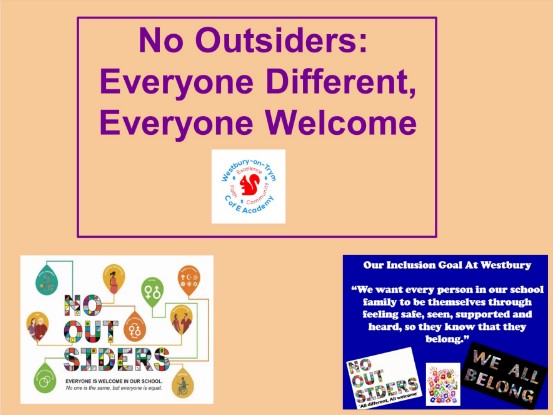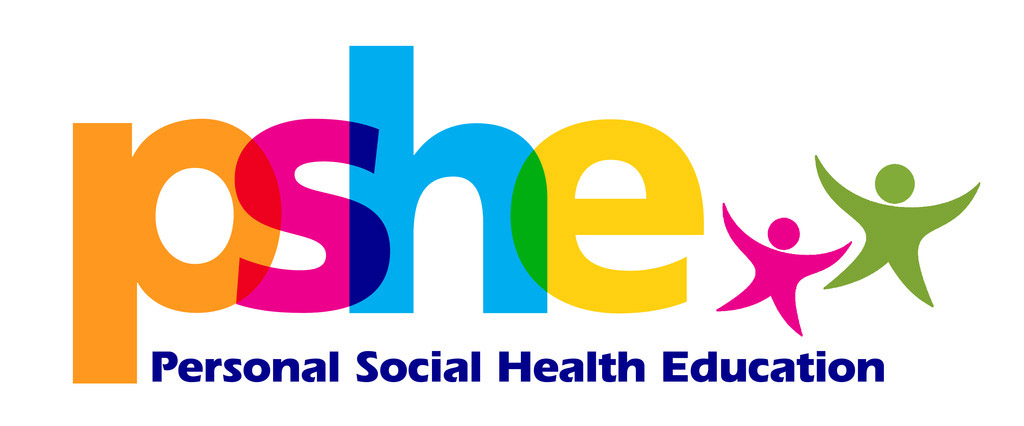PSHE
Intent: Why do we teach PSHE at Westbury on Trym CE Academy?
PSHE (Personal, Social, Health Education) is central to all aspects of pupil learning at Westbury on Trym C of E Academy, both in the classroom and beyond. It is taught both as timetabled weekly lessons and across the school day, as well as through our set of school values) in every aspect of school life. At Westbury on Trym C of E Academy, we follow a scheme of work called Jigsaw which is a comprehensive and completely original program for primary schools which launched in 2013 and is updated on an annual basis. We also implement a scheme called No Outsiders which teaches children to feel comfortable in themselves while recognising and celebrating difference and diversity in others.
In September 2020, the Health Education and Relationships Education (Primary) and the secondary Relationships and Sex Education (RSE) (Secondary) aspects of PSHE education became compulsory in all schools.
The PSHE curriculum has been adapted to meet individual pupil needs. It takes a spiral approach, revisiting topics at a deeper level in each year group, whilst rehearsing, emphasising and embedding the essential skills and attributes young people need to manage their lives, both now and in the future.
Implementation: How we teach PSHE at Westbury on Trym CE Academy
Through the PSHE curriculum, we aim to:
- develop pupils’ understanding of the world and of personal, social, health, emotional and citizenship concepts and relevant vocabulary
- provide pupils with a relevant, age appropriate and progressive curriculum
- understand issues relating to their own health, personal care, sexual development and relationships
- create a positive culture throughout our school family where all groups of people are welcome
- enable pupils to make choices
- provide pupils with strategies to maintain personal wellbeing, promote resilience and equip pupils with skills to keep themselves and others safe
- promote equality of opportunity and prevent discrimination within our school family
- enable learners to form appropriate relationships and give them a sense of dignity and respect for each other
- develop personal responsibility, self-confidence and assertiveness
- empower learners so they have more control over their own life
- enhance their self-esteem and to help prepare children to leave primary school happy and excited about living in a community full of difference and diversity
Please click here to read our Parent Information guide about Jigsaw
Please click here to see an overview of the Jigsaw program


Relationships and Sex Education (RSE) Coverage - KS1 & KS2

KEY STAGE 1:
Reception:
Friends
Gender stereotypes
Choices
Year 1:
Bodies
Respecting my body
Growing up
Growth and change
Fun and fears
Celebrations
Year 2:
Life cycles - animal and human
Changes in me
Changes since being a baby
Differences between female and male bodies (correct terminology)
Linking growing and learning
Coping with change Transition
KEY STAGE 2:
Year 3:
Life cycles in nature
Growing from young to old
Increasing independence
Differences in female and male bodies (correct terminology)
Assertiveness
Preparing for transition
Year 4:
How babies grow
Year 5:
Self and body image
Influence of online and media on body image
Puberty for girls
Puberty for boys
Conception (including IVF)
Growing responsibility
Coping with change
Preparing for transition
Year 6:
Self-image

